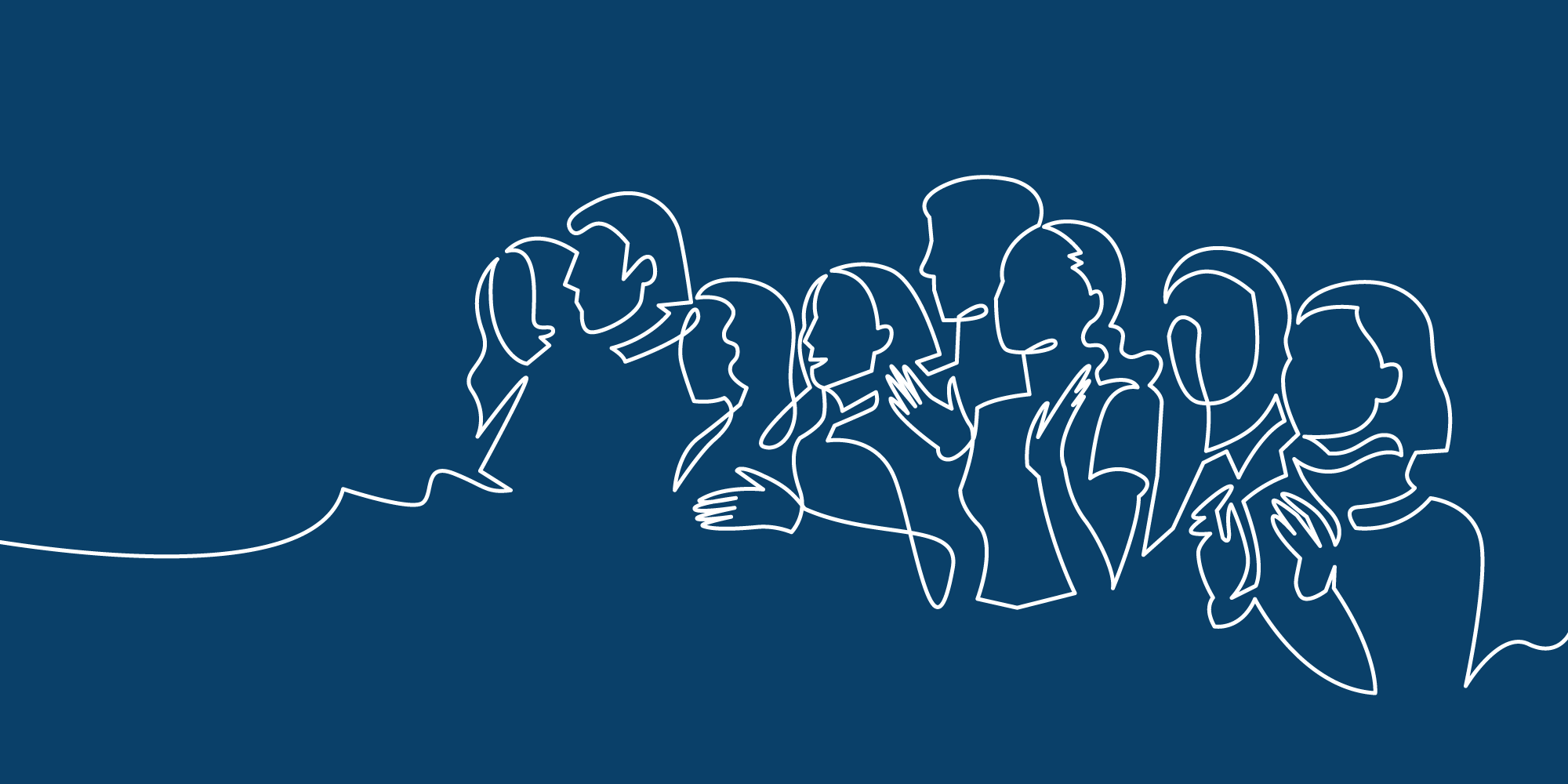Clinical development defines the entire process of bringing a new drug or medical device to market. From drug discovery and product development, to preclinical research and clinical trials, the development process is a long and difficult process. Yet for the determined, each failure helps advance scientific knowledge, propels the life sciences field forward, and, once in a while, the ultimate reward of delivering a successful and safe product to market that transforms millions of lives.
Only one or two compounds in 10,000 tested make it through to being licensed treatments. A potential new medicine may be rejected at any point in the development process on safety, effectiveness or quality grounds. Overall, it may take 10-15 years for a new compound to get from the test tube to the medicine cabinet, and 90% of medicines that are tested in people don’t reach the market because they are unsafe or ineffective.
The use of technology in the clinical development process has been on the rise in recent years as its ability to speed up the process is being recognised. We’re likely to see an increasing push toward the acceptance of wearables for use in clinical trials. Although it’s in the embryonic phase, the impact of wearables could be huge. According to Astra Zeneca’s Matthew Bonam, by 2020, “70-80% of the data being collected will be by the patient in their own home, rather than centres. This should also lead to massive savings in cost.
The global clinical trials market is expected to reach $68.9bn by 2026, according to a new report by Grand View Research. It is projected to expand at a CAGR of 5.7% during the forecast period. Key drivers impacting the market growth are globalisation of clinical trials, development of new treatments such as personalized medicine and the evolution in technology.





